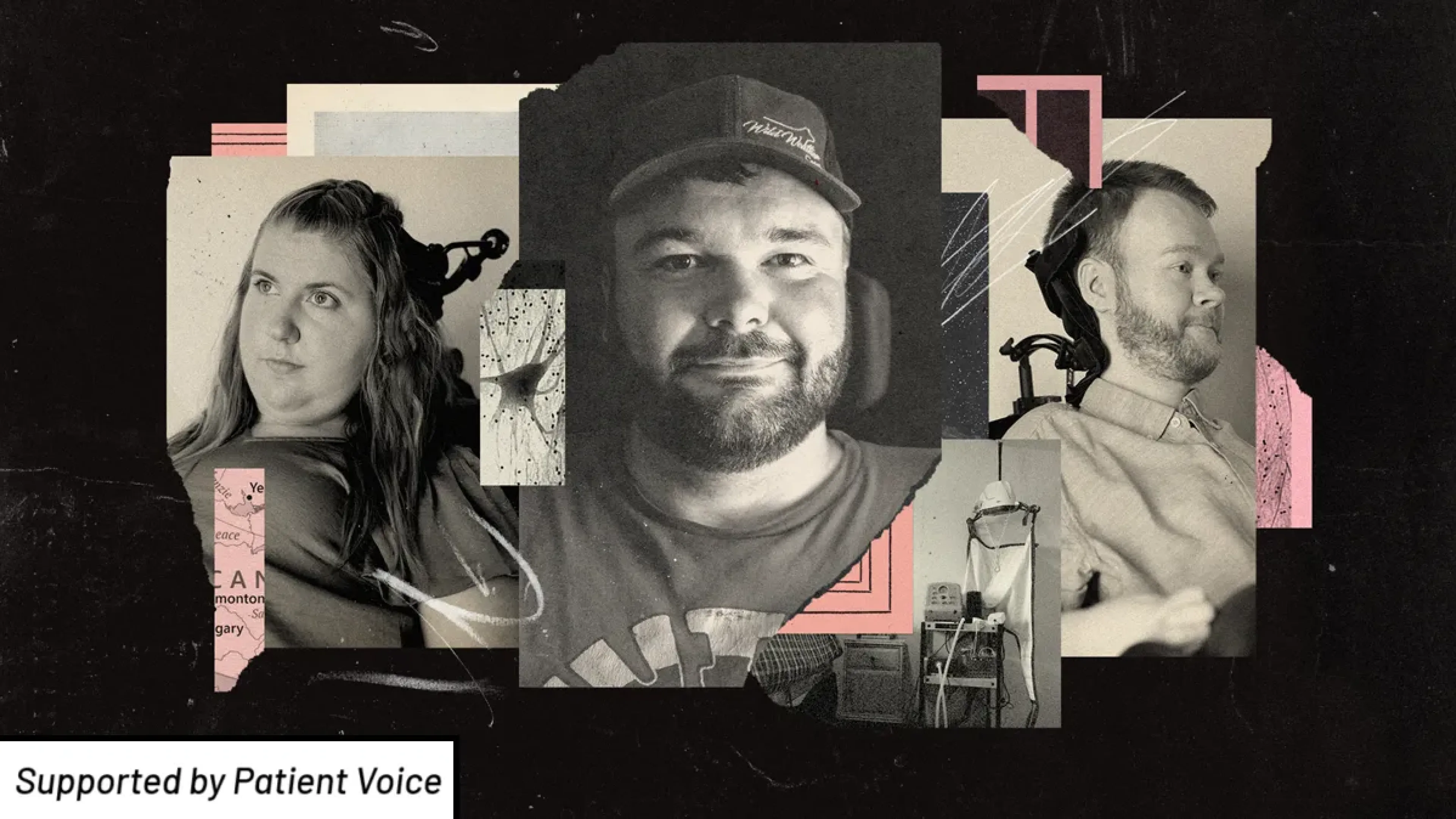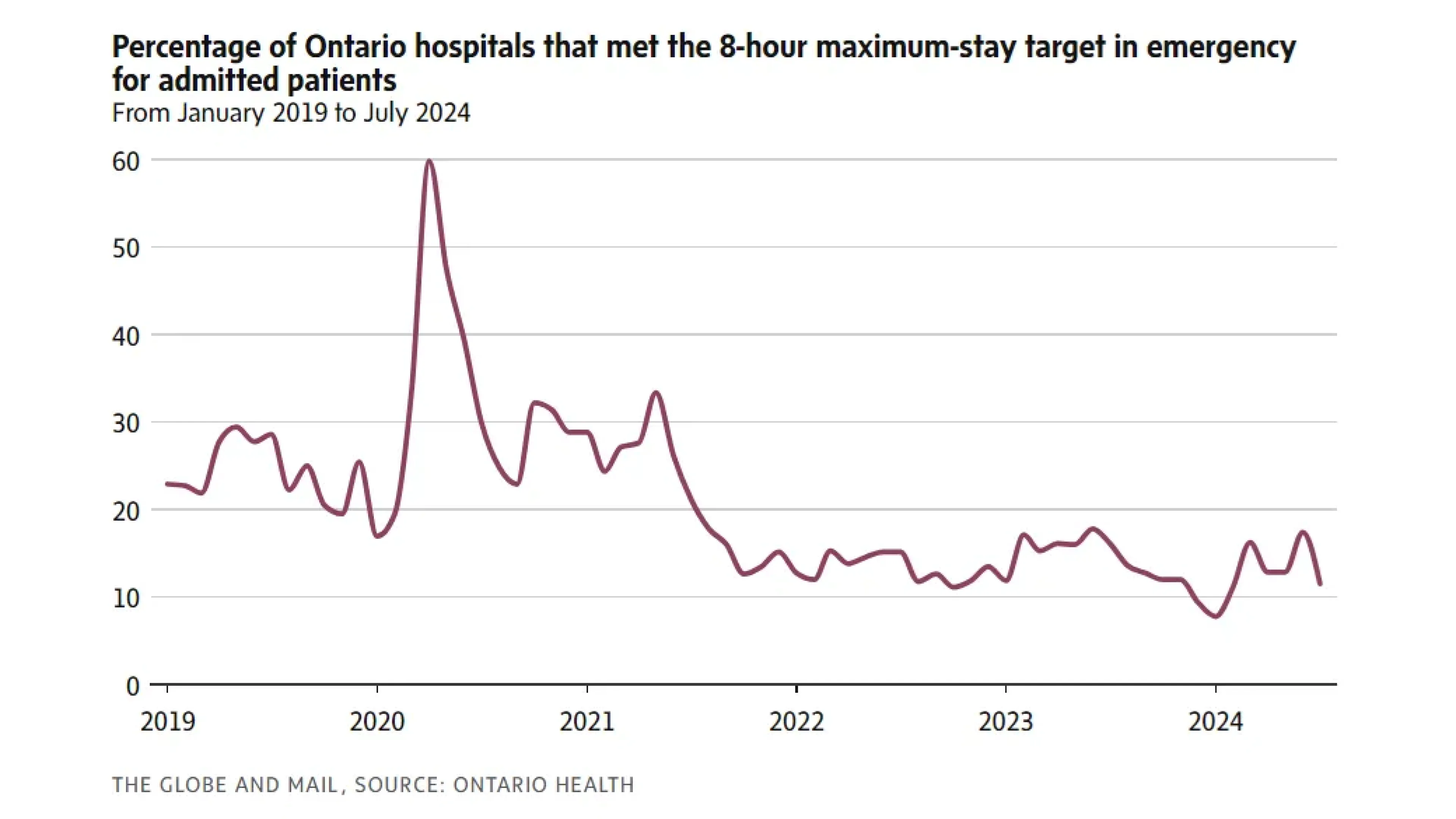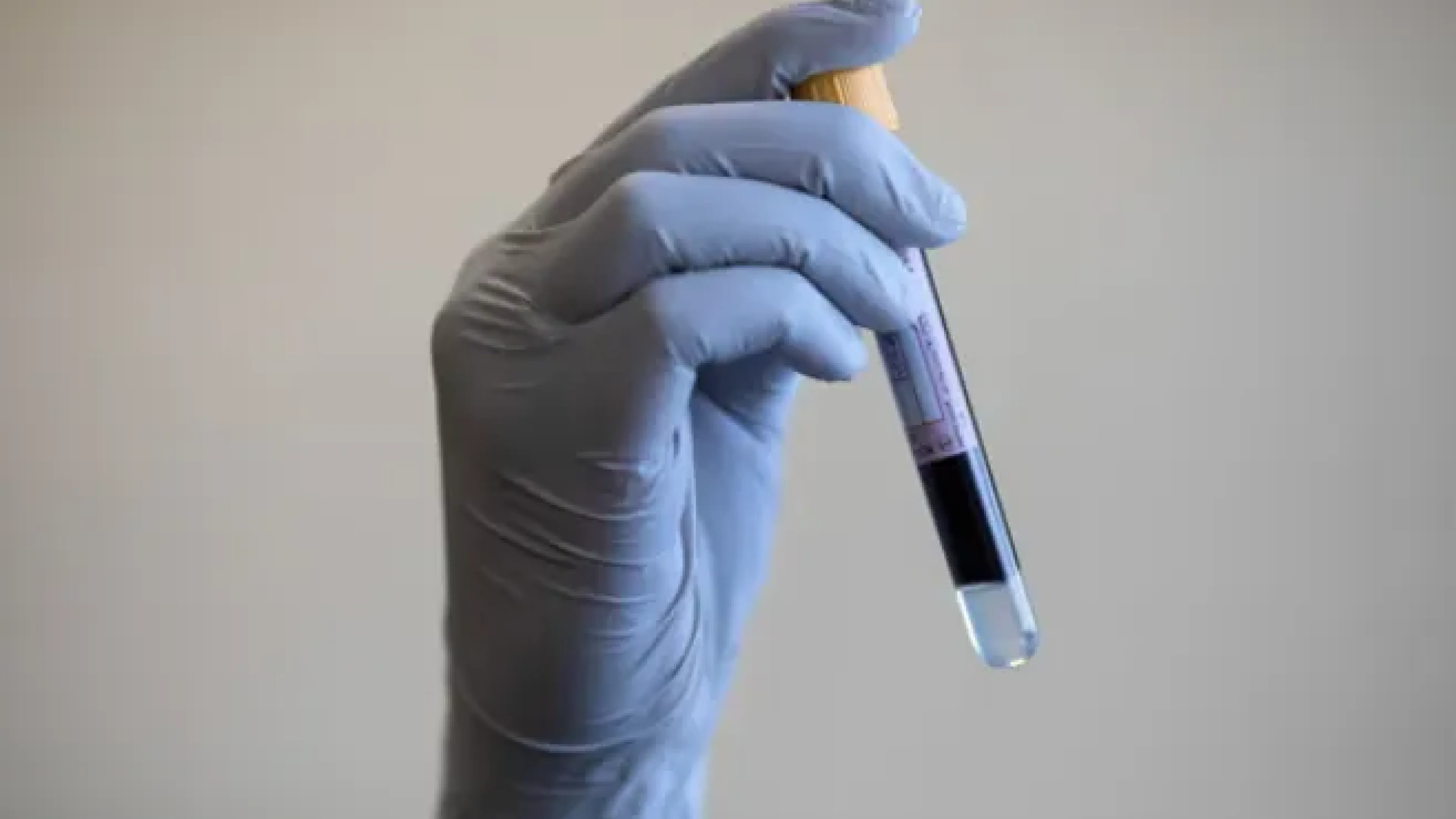You’re reading the web version of our weekly newsletter on Canadian health care and medical news. Sign up to get it next week.
Hi Healthwatchers, 👩🏻⚕️👨🏾⚕️👩⚕️
This week brought us a mix of stories shaping the future of healthcare.
A big pharmacare development, an actually game-changing blood test out of the U.K., and even the impact of electric vehicles on our air quality — it isn’t what you think.
Here’s what hit home for me this week:

Health Minister Mark Holland confirmed the Liberals’ pharmacare plan (Bill C-64) will be publicly administered, ensuring universal, single-payer coverage for diabetes and contraceptive medications.
Why it's important: In a letter to senators, Holland addressed concerns over the bill's unclear language by affirming the government's intention for a fully public system. Some are calling for amendments to the bill to make this explicit.
Eric Hoskins emphasized the urgency of moving the bill through the Senate, warning that delay will jeopardize the entire initiative. Now that it has passed committee review, it faces a final vote this week.
Read more…

New therapies for spinal muscular atrophy (SMA) offer hope, but many adult patients can't access them due to their age and where they live.
Why it's important: Despite Health Canada's approval of multiple innovative therapies, adult patients in every province but Quebec are unable to access them.
Patients like Bryan Weatherall, Brooklyn Marx, and Jeremy Bray say that as their disease progresses, they're resigned to an inevitable loss of independence and an inability to participate in society. Without timely access to treatment, many fear they will become further isolated from their communities.
Read more…

Hurricane Helene forced the closure of Baxter International’s North Carolina plant, which produces 60% of the U.S. supply of IV fluids, triggering a national shortage.
Why it's important: The plant produces 1.5 million bags of IV solution daily, and the disruption could last weeks or months.
While Canadian hospitals source some IV fluids domestically, they also rely heavily on U.S. manufacturers. As provinces feel the effects of a disrupted U.S. supply, the push for more diversified and resilient supply chains is likely to intensify.
Read more…

Five years since the start of the pandemic, ERs across Canada continue to struggle with long wait times, with some hospitals reporting worse conditions than before COVID.
Why it's important: Gaps in tracking make it impossible to assess the full scale of the problem. There’s an urgent need for better data and oversight.
Despite billions poured into healthcare, ERs remain overwhelmed. Some patients wait more than 24 hours for care, as data blackouts in some provinces obfuscate a national picture. The lack of transparency leaves patients and policymakers in the dark. This one's a deep dive.
Read more…

Ultrafine particles (UFPs), tiny pollutants from vehicles and industrial processes, may be more dangerous than smog, with research linking them to cancer, heart disease, and diabetes.
Why it's important: Despite evidence that they cause severe health issues, UFPs are unregulated globally, including in Canada. Wildfires are also a significant source.
Fun fact: Electric vehicles may generate more UFPs than traditional vehicles due to increased friction from heavy batteries wearing down tires and brakes. As decarbonization continues apace, experts urge more focus on these nanoparticles, which aren’t yet fully understood.
Read more…

The UK government is funding a £120 blood test that could detect 12 of the most common cancers before symptoms appear, including lung, breast, and prostate cancer.
Why it's important: The test has the potential to be a major medical breakthrough and truly revolutionize cancer care.
Developed at Southampton University, the test uses AI to analyze biomarkers, offering early detection with minimal false positives. This could drastically reduce the need for invasive tests and lengthy wait times for diagnosis. Experts believe this test (or one like it) could be available within five to seven years.
Read more…
Thanks for reading week’s edition of The Weekly Dose.
The healthcare landscape is shifting constantly, and these stories show just how important it is to stay informed. We’ll be back next week with more updates that keep you connected to what’s happening in health.
Until next time, stay well
Nick Tsergas
Health News Editor
Canada Healthwatch
[email protected] | canadahealthwatch.ca
Canada Healthwatch: Weekly
Your essential briefing on health care and medical news. Sign up to get it next week.
Check out our newsletter, it's a handpicked roundup of the most important news from the week. Subscribe